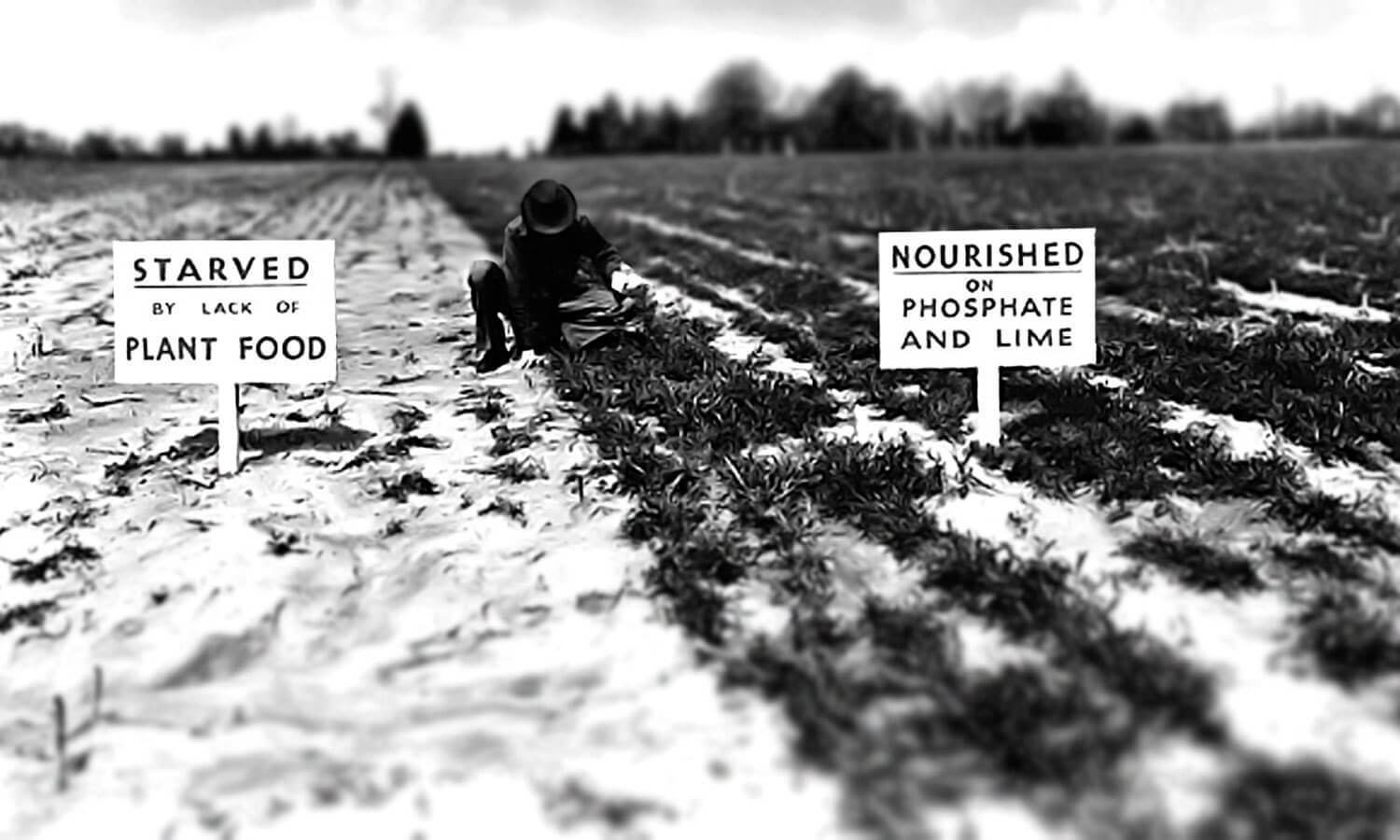Leave Room for the Unexpected.
As one of the founders / producers of a conference built around a pretty broad concept—the design of everything—I'm used to getting asked questions about ROI. What are the 'takeaways' or the specific, useful knowledge that might be gained by attending? Pretty much the same questions I used to ask my parents about going to elementary school.
Consequently I'm also used to telling people that I really have no idea what they might learn, which is a pretty tough way to convince people to buck up and show up.
It turned out that the real value in going to elementary school was the same as the value in attending broad concept conferences, following a massively diverse range of people on Twitter, or reading articles that have nothing to do with whatever it is you think you're all about. The real value was... serendipity.
Sure, in elementary school I learned some specific things—arithmetic, grammar, etc.—but the random things I learned by attending were critical in the formation of the me I am today. Getting introduced to a variety of subject matter sparked my curiosity, and some of that history / geography stuff comes in pretty handy when I accidentally channel surf to Jeopardy. Serendipity can be incredibly valuable stuff.
In 2003 I went to a conference that had nothing to do with what I actually do for a living. A really smart guy got up on stage and asked the audience a simple question: What was the most important innovation of the 20th century?
The answers came back loud and clear. The Internet. The airplane. Nuclear weapons/power. Penicillin. He considered the responses for a moment, and then told us that in his opinion, we were all dead wrong.
In his opinion, the greatest innovation of the 20th century was nitrogen fertilizer.
Huh?
He then spoke non-stop for about 20 minutes on the importance of that development, explaining that in very real terms, without it, approximately 3 billion people alive today wouldn't even exist.
I listened, took a few notes, and then went home and did a little research. And then I bought a few shares in a handful of fertilizer companies—which turned out to be a pretty good idea.
Serendipitous discovery is fertilizer for your brain. Add some unexpected elements to whatever you've already got in there and you just might grow a new idea or two. Associational thinking—connecting seemingly unrelated ideas to create new ones—is where innovation comes from, so the current logic of data-snooping, algorithm-driven entities like Google and Amazon seems misguided to me. Serving people narrow content that a formula says is 'right' for them may turn out to be absolutely wrong.
Sure, we all need to know a lot about what we do to do it well, so ongoing, focused learning is a must. But if we're open, pay attention, and think beyond our own horizons, there can also be tremendous value in boldly going where we have no clue.
